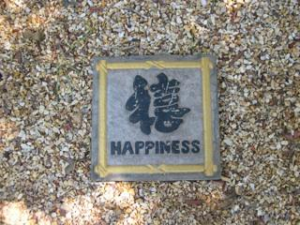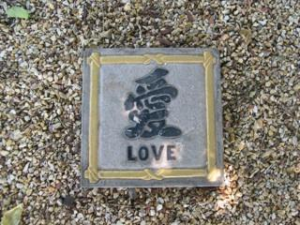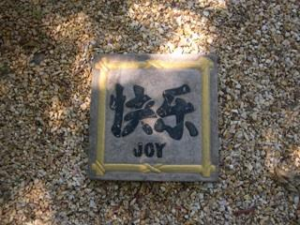


Dementia is a devastating condition that affects millions of people worldwide. It is a progressive disease that can impact a person’s memory, cognition, and behavior. Although there is no cure for dementia, there are alternative therapies that can help manage the symptoms and improve quality of life. One such therapy is Reiki, an ancient Japanese technique for stress reduction and relaxation that has gained popularity in recent years.
Reiki is a gentle and non-invasive therapy that involves the use of energy to heal the body and mind. It is based on the idea that the therapist can channel energy into the patient’s body to activate the natural healing process. During a Reiki session, the therapist uses gentle touch or hand movements to direct energy to the patient’s body. The patient remains fully clothed and is seated or lying down in a comfortable position. Reiki is a safe and gentle practice that can be used in conjunction with other therapies or treatments.
There are several benefits of using Reiki to manage the symptoms of dementia. Firstly, Reiki can help to reduce anxiety and stress, which are common symptoms of dementia. Patients with dementia can become agitated, fearful, and anxious due to confusion and memory loss. Reiki can help to soothe these symptoms and provide a sense of calm and relaxation. Research has shown that Reiki can reduce anxiety and depression in patients with dementia, leading to improved quality of life.
Secondly, Reiki can improve sleep quality. Patients with dementia often experience disrupted sleep patterns, leading to daytime fatigue and a higher risk of falls. Reiki can help to promote relaxation and restful sleep, which can reduce fatigue and improve overall wellbeing. By reducing the impact of sleep disturbances, Reiki can improve cognitive function, memory, and overall quality of life for those living with dementia.
Thirdly, Reiki can improve social interaction and communication. Patients with dementia may struggle to communicate and connect with others due to memory loss and cognitive impairment. Reiki can help to improve the sense of connection and communication between the therapist and the patient, which can be very beneficial for patients who are feeling isolated or alone. Reiki sessions can provide a sense of companionship and support, leading to improved emotional wellbeing.
Lastly, Reiki can help to improve physical health. Patients with dementia may experience a range of physical symptoms, including pain, muscle tension, and stiffness. Reiki can help to alleviate these symptoms and provide relief from discomfort. Research has shown that Reiki can reduce pain, inflammation, and muscle tension in patients with dementia, leading to improved physical health and mobility.
In conclusion, Reiki is a gentle and non-invasive therapy that can provide significant benefits for patients living with dementia. It can reduce anxiety and stress, improve sleep quality, enhance social interaction and communication, and improve physical health. Reiki can be used in conjunction with other treatments and therapies to provide a holistic approach to managing the symptoms of dementia. Although Reiki is not a cure for dementia, it can significantly improve the quality of life for those living with the condition. If you are caring for a loved one with dementia, consider incorporating Reiki into their care plan to help them live a more comfortable and fulfilling life.
To continue reading, please take a look at our article, Treating Alzheimer’s with Reiki. https://seniorcareofsacramento.com/blog/treating-alzheimers-with-reiki/

You can book your Reiki session here: http://www.reikimastertherese.com/services.html

